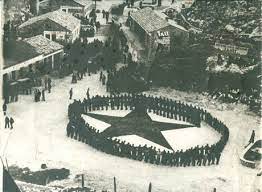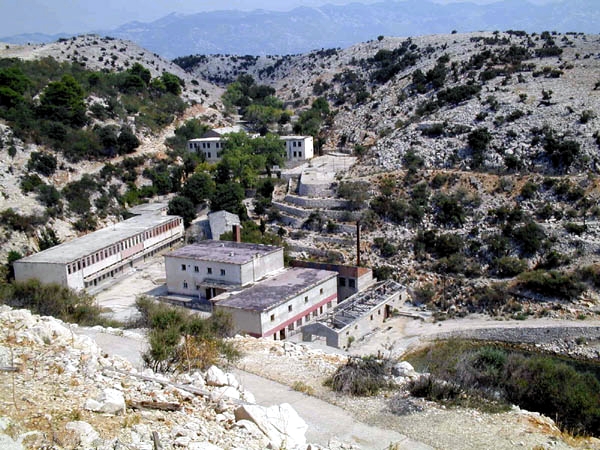
Yugoslavian Prison Nationalism, the Politics of Punishment is a Finnish-Academy funded, four-year project (2021-2024).
The site of research is the Aleksanteri Institute, University of Helsinki.
The PI and research director of the project is Professor (emerita), Judith Pallot, University of Oxford and Christ Church; President of BASEES.
This research asks why the prison culture in the contemporary Western Balkans – the region of major geopolitical significance for the European Union – is so resilient to change.
We pose this question in the context of over two decades of continuous endeavours on part of the EU, the Council of Europe (CoE), and other international actors to reform the Balkan penitentiary establishments, and try to align them with the European humanitarian standards.
Influential modernization theorists such as Weber and Durkheim, but also Elias and Jephcott (1994), Spierenburg (1984) and others predicted that the democratisation of society would lead to the democratization of prison culture and abolition of repressive means of control.
In the Western (particularly European) context, democratization has indeed led to many positive changes in the prison culture, as predicted by the modernization theory. Yet, the modernization paradigm is ill-suited to explain many developments in the non-Western context: in particular, it is unable to explain why the changes in the political landscape of the Western Balkans (henceforth “Balkans”) have not resulted in the abolition of the repressive penal practices of the totalitarian past.
The societal challenge
‘…notwithstanding efforts by the international community to establish modern prison system according to European standards in the Balkans, the “relic of the repressive past” remains ingrained in the penal systems of many countries in the region (Council of Europe 2016: 15).
‘…penal reform became a conditio sine qua non for the Balkan countries’ membership of the EU’ (Kantokoski 2020).
Q: How to square this circle?
The project will answer six research questions (RQs) grouped under three sub-headings:
- Yugoslavia’s totalitarian past: a historical perspective
- The European humanitarian regime and the impact of transformations away from the totalitarian incarceration model on the treatment of ethnic difference.
- Larger political implications of the Ethnic Minority Prisoners’ (EMP) mistreatment: How penal nationalism (re-)draws ethnicity and sovereignty lines in the Balkans
